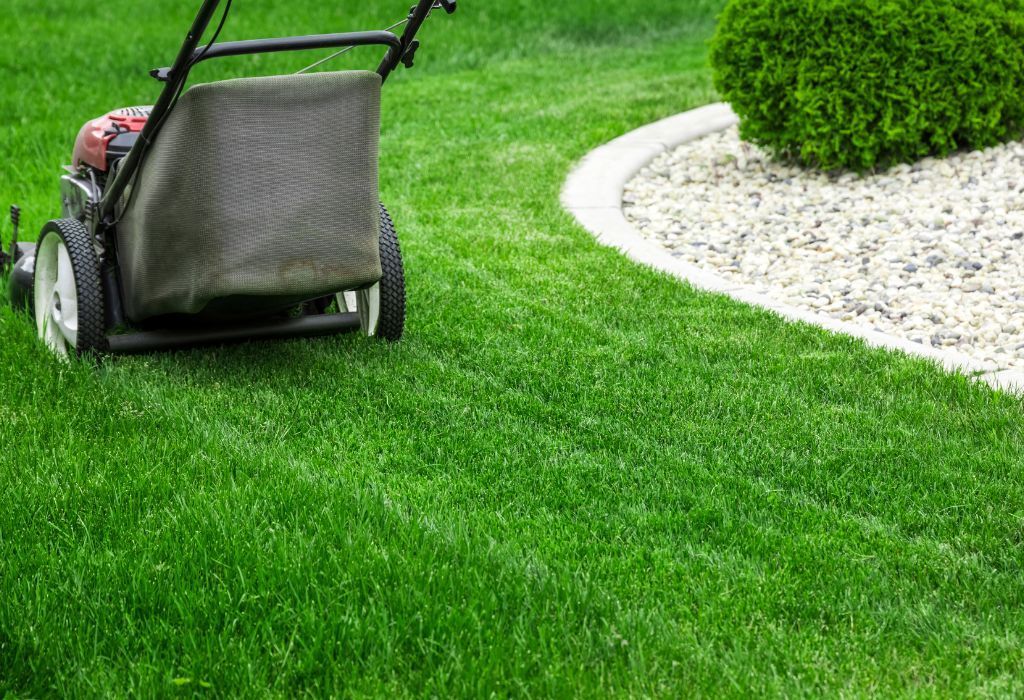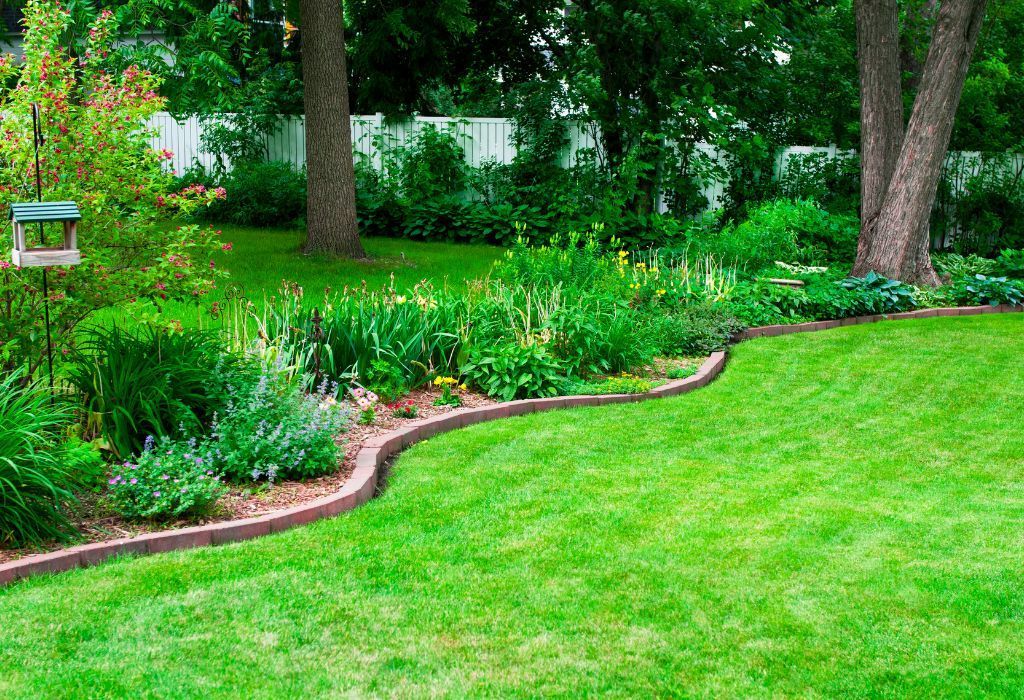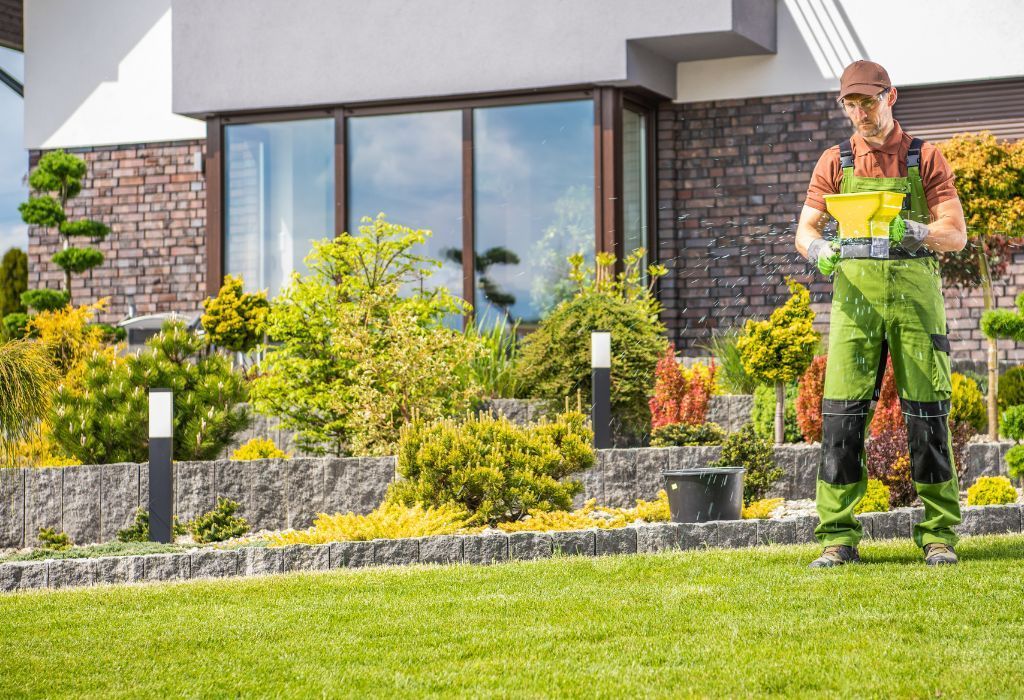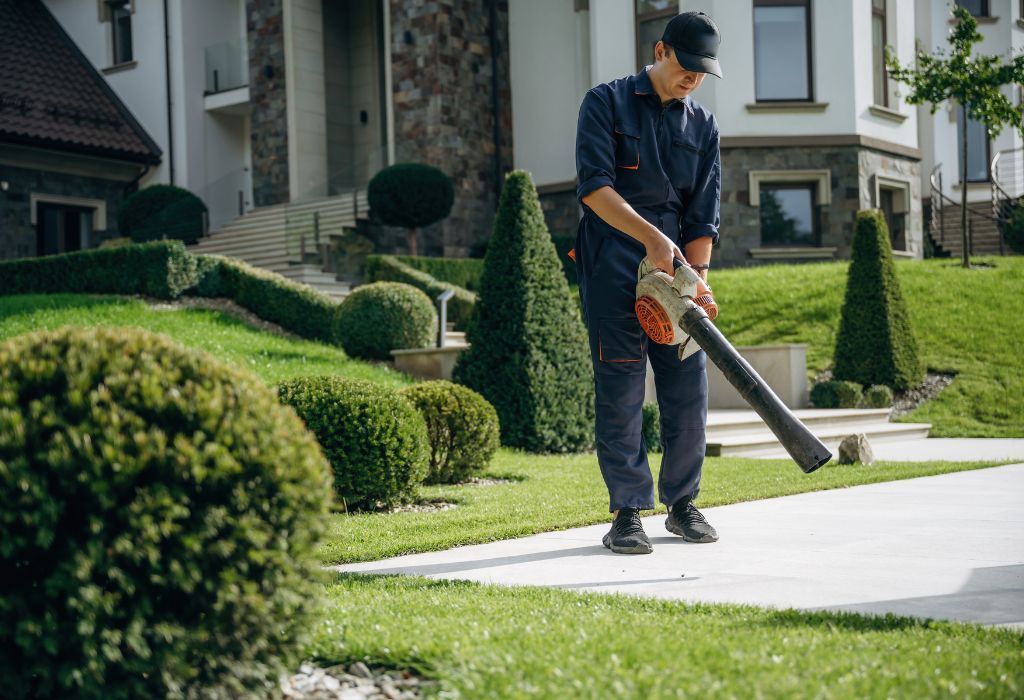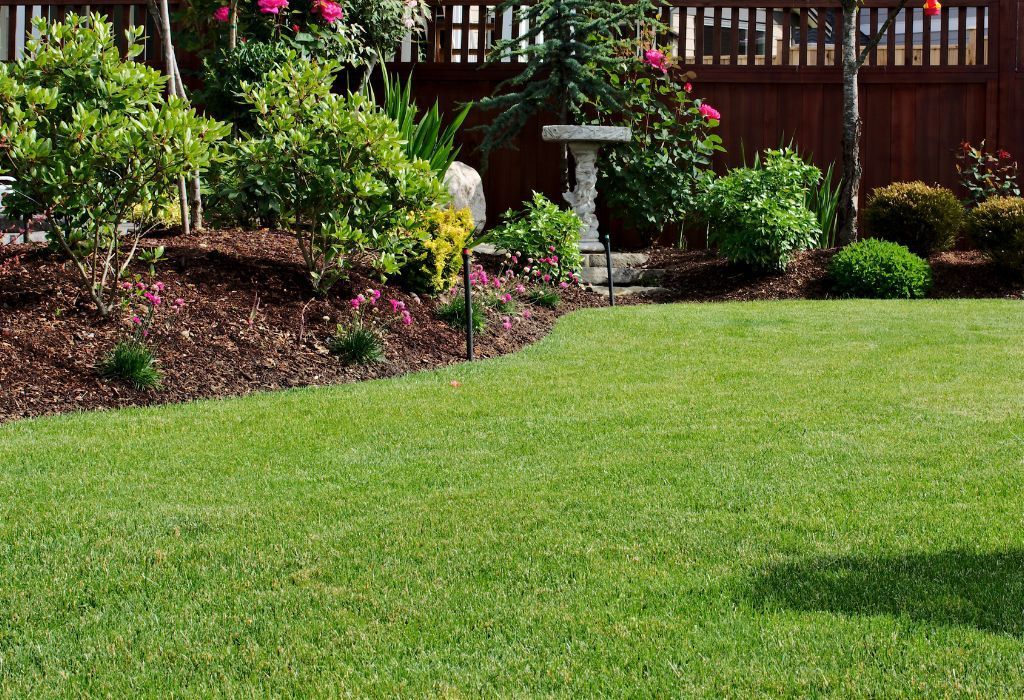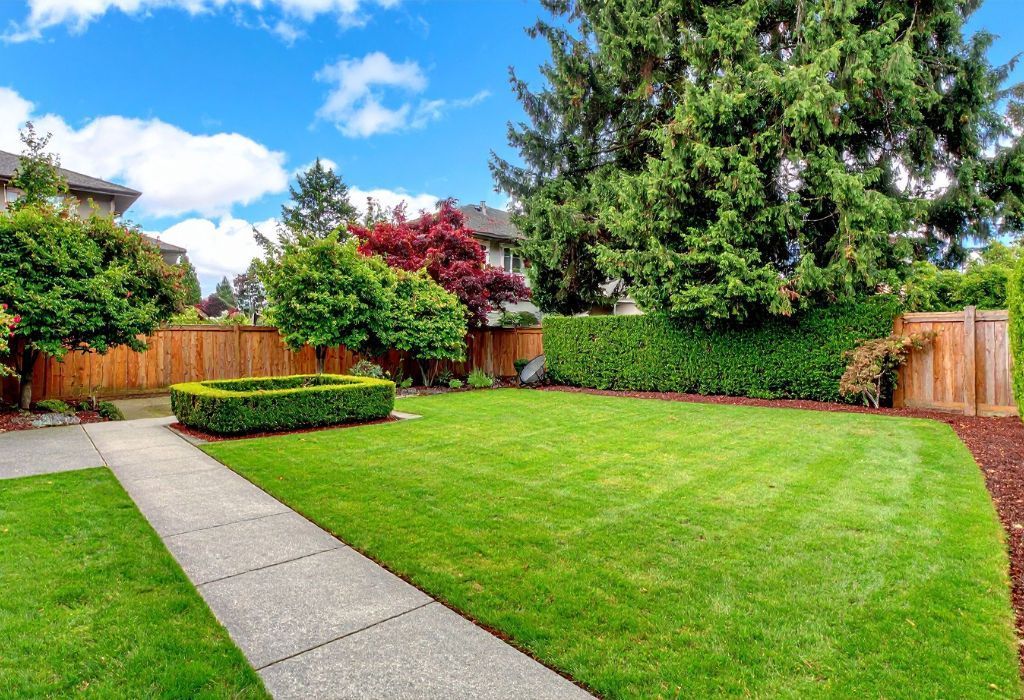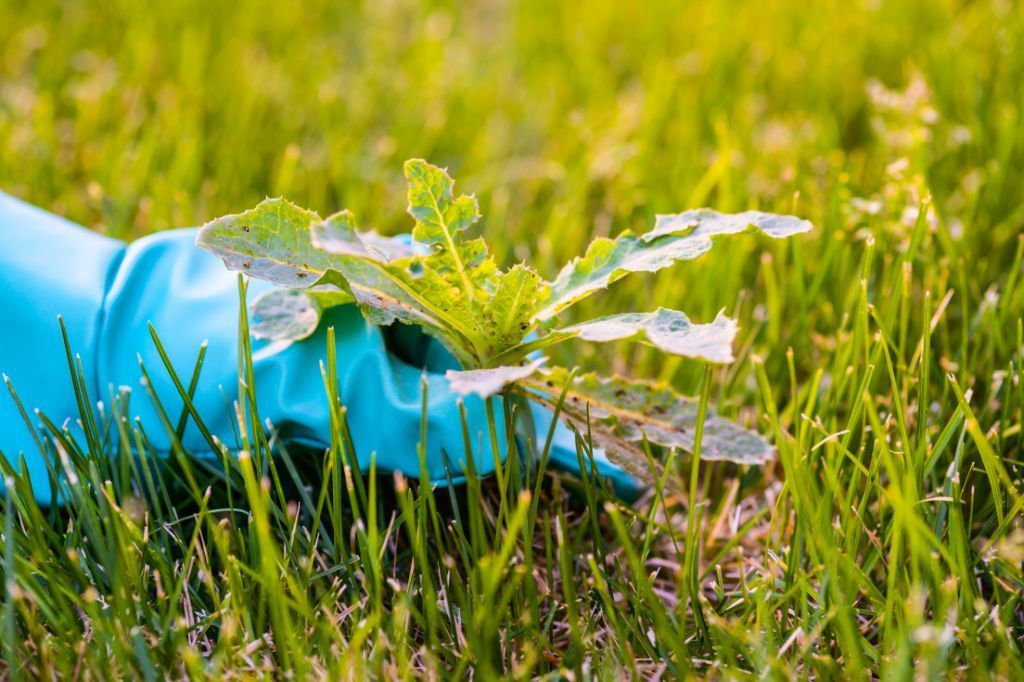7 Benefits of Organic Lawn Care
A healthy, green lawn is one of the best features of any home. It’s the first thing people see when they arrive, the backdrop for barbecues and family gatherings, and a space where kids and pets can play freely. But not all lawns are cared for equally. For years, chemical fertilizers and pesticides dominated lawn care, promising fast results. While they can make grass look good in the short term, they often create long-term problems for the soil, the environment, and even the people who live closest to that lawn.
That’s why more homeowners are turning to organic lawn care—a safer, healthier, and more sustainable approach. Instead of relying on harsh chemicals, organic lawn care focuses on natural methods that build soil health, strengthen grass from the roots, and create a thriving ecosystem right in your yard.
Here are seven reasons why organic lawn care is more than a trend—it’s a smart investment in your home, your health, and the planet.
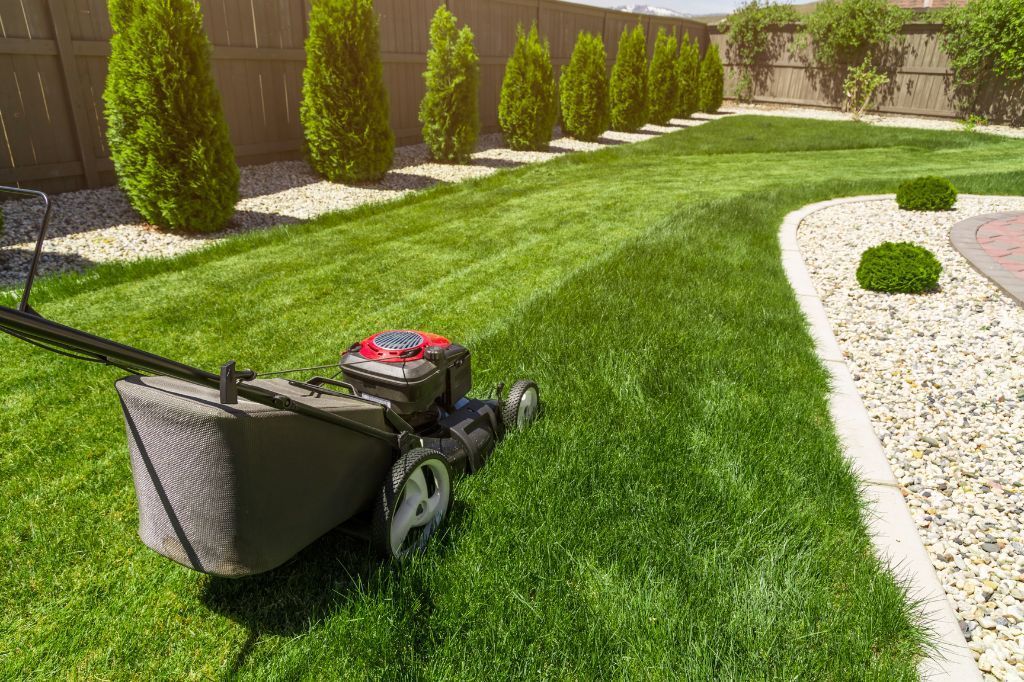
1. Safer for Families and Pets
If you’ve ever hesitated to let your kids play on the grass after a chemical treatment, you’re not alone. Traditional lawn care often uses synthetic fertilizers, herbicides, and pesticides that can linger on surfaces, exposing children and pets to unnecessary risks.
Organic lawn care, on the other hand, relies on natural treatments. Compost, organic fertilizers, and soil-building practices eliminate or reduce the need for toxic chemicals. That means kids can run barefoot, and pets can roll in the grass without you worrying about harmful residues.
Bottom line: Organic care puts peace of mind first, ensuring your lawn is safe for the ones who matter most.
2. Healthier Soil = Healthier Grass
Grass health starts below the surface. Synthetic fertilizers often give lawns a temporary boost by feeding the grass directly, but they don’t do much for the soil. Over time, this creates dependency—your lawn “needs” more chemicals just to stay green.
Organic methods nourish the soil itself. By adding compost, organic fertilizers, and natural amendments, you improve soil structure, encourage earthworms and beneficial microbes, and build resilience against drought and disease.
Result: Stronger, deeper roots and a lawn that thrives naturally, without constant chemical intervention.
3. Long-Term Sustainability
Quick fixes rarely last. Chemical-based lawn care often delivers a sudden “green-up,” but once the nutrients wash away or burn off, the lawn can quickly decline. This cycle keeps homeowners locked into repeat applications.
Organic lawn care focuses on sustainability. Building healthy soil means your grass requires fewer treatments over time, holds water more effectively, and can better withstand stress from heat, pests, and foot traffic.
Think of it like this: traditional methods are like giving your lawn an energy drink; organic care is like feeding it a balanced diet.
4. Reduced Environmental Impact
Chemicals applied to lawns don’t always stay there. Fertilizers and pesticides can run off into storm drains, rivers, and groundwater, affecting wildlife and water quality.
Organic practices dramatically reduce this risk. By relying on natural products and improving soil’s ability to hold nutrients, organic lawn care minimizes runoff and keeps your yard eco-friendly. You’re not just protecting your home—you’re helping protect your community and local environment.
Bonus: Many organic practices, like composting and mulching, recycle resources instead of wasting them.
5. Natural Weed and Pest Resistance
A common myth is that organic lawn care means letting weeds and pests take over. The truth is, a healthy, well-balanced lawn naturally resists invaders.
Here’s how:
- Strong root systems crowd out weeds before they can take hold.
- Healthy soil supports grass growth that outcompetes unwanted plants.
- Beneficial insects and organisms help keep harmful pests in check.
Instead of constantly spraying chemicals to fight problems, organic lawns prevent many of those problems from happening in the first place. It’s proactive care, not reactive firefighting.
6. Improved Lawn Appearance Over Time
While organic methods may take longer to show results, the payoff is a lawn that looks better year after year. Instead of short bursts of color that fade quickly, organic lawns grow richer, thicker, and greener over time.
Homeowners often notice:
- More even growth.
- Softer, denser turf that’s more comfortable underfoot.
- Fewer brown patches or burned spots.
Because organic care builds from the ground up, it creates beauty that lasts through the seasons.
7. Adds Value to Your Home
Curb appeal matters. A lush, healthy lawn is one of the first things potential buyers notice. Beyond aesthetics, more buyers today are eco-conscious—they value sustainable, chemical-free practices that align with healthier living.
Investing in organic lawn care doesn’t just make your property look great now. It can also increase resale value, setting your home apart in the market. Buyers see not just a green yard, but a thoughtfully maintained, safe, and eco-friendly one.
Beyond the Benefits: What to Expect from Organic Lawn Care
If you’re new to organic lawn care, you may be wondering what changes compared to traditional methods. Here’s what to expect:
- Customized Programs: Organic care often tailors treatments to your soil type, grass species, and yard conditions.
- Seasonal Adjustments: Applications focus on what your lawn needs during each season, not a “one-size-fits-all” schedule.
- Patience Pays: Results may be gradual, but improvements build over time and last longer.
- Education: Many providers share tips with homeowners about watering, mowing height, and natural practices that complement treatments.
Tips for Homeowners Considering Organic Lawn Care
- Be Patient: Organic care isn’t about instant results—it’s about lasting improvement.
- Mow Right: Keep grass at the proper height (usually 3–4 inches) to shade out weeds and conserve moisture.
- Water Wisely: Deep, infrequent watering is better than frequent shallow watering.
- Aerate Annually: Aeration relieves compaction and allows nutrients to reach roots.
- Leave Grass Clippings: They act as natural fertilizer when mulched back into the soil.
Working with a professional provider makes it easier to implement these practices consistently, but even small changes at home can help.
Final Thoughts
Your lawn should be more than just green—it should be safe, sustainable, and strong enough to thrive without constant chemical intervention. Choosing organic lawn care means investing in your family’s health, protecting the environment, and creating a lawn that grows better year after year.
From safety for children and pets to long-term sustainability and property value, the benefits are clear. Organic lawn care isn’t just about appearances—it’s about creating a healthy foundation for your outdoor space, your home, and your lifestyle.
So next time you step outside and admire your lawn, imagine how much more rewarding it will be knowing it’s not just beautiful—it’s safe, natural, and built to last.

